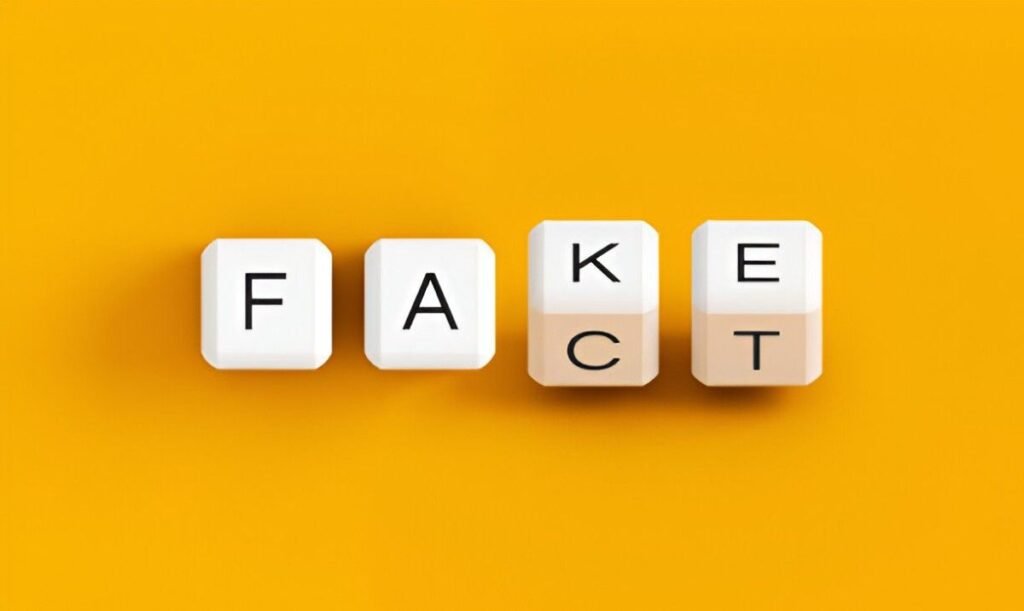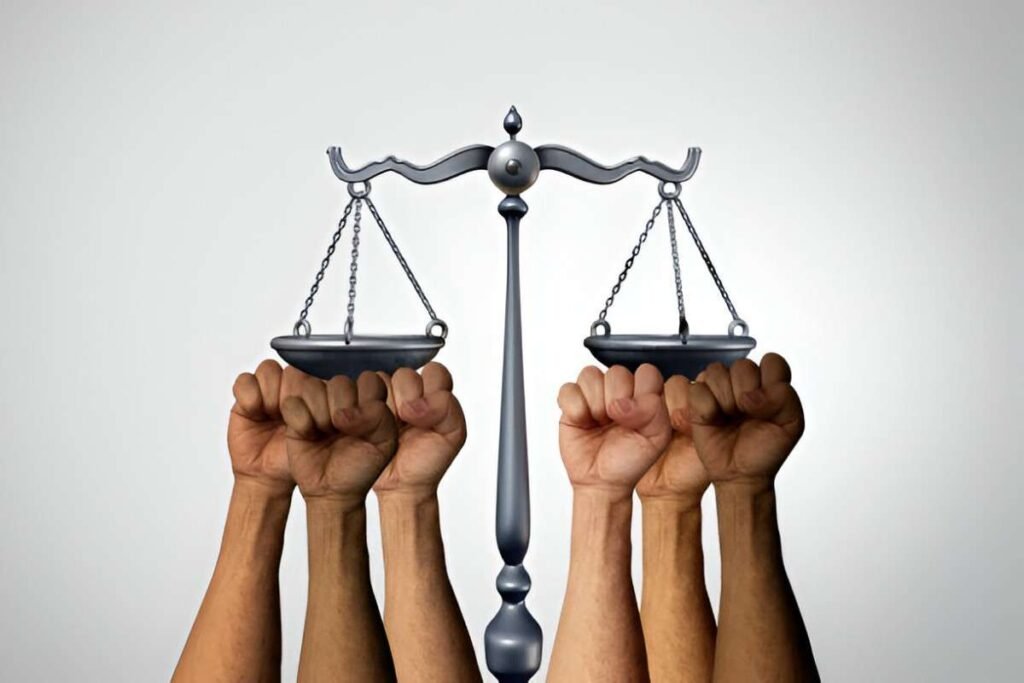Economic inequality or wealth disparity is an ongoing and pressing concern in societies worldwide. Over recent decades, inequality between rich and poor has significantly grown, prompting grave concerns regarding its effect on social cohesion, economic stability, and democratic governance. In this article, I will examine its effects and potential policy solutions that address its increasing problem from both a first-person perspective as well as through research done from inside an organization to give readers a comprehensive and nuanced picture.
Table of Contents
1. Understanding Economic Inequality
· Defining Economic Inequality
Economic inequality refers to any imbalance between wealth and income distribution within a society, often measured using metrics like the Gini coefficient, income quintiles, or wealth distribution metrics. High levels of economic inequality reflect the significant disparity between richer and poorer segments of the population.
· Historical Context of Economic Inequality
Economic inequality has long been an issue across societies; throughout history societies have struggled with differing degrees of wealth disparity; but today has witnessed unprecedented levels of wealth disparity, particularly in developed nations. Post-World War II countries saw relative economic equality with solid middle classes becoming less equal over time due to increasing wealth concentration among elite groups.
· Factors Contributing to Economic Inequality
Various contributors lead to economic inequality, including:
Globalization
Global markets’ integration has brought many benefits for multinational corporations and wealthy individuals while leaving lower-income workers often behind.
Technological Innovation
Automation and technological advances have rendered many low-skill jobs obsolete, leading to wage stagnation and job security concerns for many workers.
Education and Skills Gap
Access to quality education and skills training can often be unequally distributed between generations, creating income disparities across generations.
Tax Policies
Regressive tax policies combined with tax evasion by wealthy individuals further compound income and wealth inequality in society.
Labor Market Dynamics
Decreasing union membership and precarious employment have contributed to wage inequality and job insecurity in recent decades, producing economic inequality as a consequence.
2. The Impact of Economic Inequality
· Social Cohesion and Stability
Economic inequality has severe ramifications on social cohesion and stability. When wealth becomes concentrated among a small elite group, tensions rise dramatically among members, potentially increasing crime rates, civil unrest, or political instability in an otherwise stable community. Societies marked by high inequality tend to exhibit deep divisions among their people that lead to mistrust among citizens.
· Economic Growth and Productivity
Contrary to popular perceptions that inequality drives economic growth by incentivizing innovation and investment, evidence indicates that extreme inequality may hinder it. High levels of inequality may reduce social mobility, limit access to education and healthcare facilities, and suppress consumer spending – ultimately decreasing economic growth and productivity.
· Health and Well-being
Economic inequality has serious effects on health and well-being. Studies show that countries with higher levels of economic inequality typically experience poorer health outcomes, higher rates of mental illness, shorter life expectancies, and greater stress and anxiety from being unequal, leading to physical as well as mental health complications. Inequality may create physical as well as mental health complications.
· Democratic Governance
Economic inequality presents a serious threat to democratic governance. When wealth and political power are concentrated in fewer hands, voices from and interests of those of lesser means often get ignored; leading to policies that cater exclusively to wealthy individuals while dismantling democratic institutions and further undermining trust in our government systems and democracy itself.
3. Case Studies
· The United States: A Case of Extreme Inequality
The United States is often held up as an extreme example of economic inequality, where only 1% of citizens possess significant portions of wealth despite middle and lower-income families battling financially just to make ends meet. Such disparate wealth distribution has contributed to social tension, political polarization, and calls for comprehensive policy reform.
· Scandinavian Countries: A Model for Equality
Denmark, Norway, and Sweden stand as models of economic inequality reduction with relatively low levels. Their governments invest heavily in social welfare programs such as healthcare and education to guarantee all residents have high standards of living; their policies promote equality while strengthening cohesion – becoming role models to follow elsewhere around the globe.
4. Potential Policy Solutions
· Progressive Taxation
Progressive Tax Policies Implementing progressive taxation is one key way of combatting economic inequality. Progressive taxes ensure that the wealthy pay their fair share, decreasing wealth concentration. This may involve higher income, estate, and capital gains taxes for these people.
· Universal Basic Income (UBI)
Universal Basic Income (UBI) is an economic concept which proposes that guarantees regular, unconditional cash payments to all citizens regardless of income or employment status. UBI serves as a safety net for precarious workers while simultaneously alleviating poverty and strengthening economic stability via increased consumer spending.
· Education and Skills Training
Education and Skills Training Investment in education and skills training is integral to combatting economic inequity. Accessing quality vocational and educational programs provides individuals with skills necessary for high-paying employment that increases social mobility while attenuating income disparities.
· Labor Market Reforms
Reforms such as increasing minimum wages, strengthening labor rights, and encouraging unionization can play a crucial role in decreasing wage disparity and strengthening job security for employees. Ensuring fair wages and working conditions is central to building an equitable society.
· Social Welfare Programs
Effective social welfare programs – like healthcare, housing, and unemployment benefits – can reduce economic inequality by offering essential services and creating an equitable standard of living for all residents. These programs serve as safety nets to safeguard vulnerable groups who might otherwise not receive essential assistance or benefits.
5. The Role of Individuals and Communities
· Personal Responsibility
Personal Responsibility Individuals and communities also play an integral part in combatting economic inequality by supporting policies that advance it, championing social justice advocacy efforts, and making more conscious consumption and investment choices.
· Grassroots Movements
Grassroots Movements Grassroots movements such as labor unions, community organizations, and social justice groups play a vital role in driving positive change. Through mobilizing public support for policy reform proposals or holding governments and corporations accountable for their actions.
· Corporate Responsibility
Corporations play an essential part in combatting economic inequity by paying fair wages, offering benefits, and job security, and adopting socially responsible business practices that prioritize employee and community well-being. By prioritizing well-being over profits, corporations can contribute towards building more equitable societies.
Conclusion: Moving Towards a More Equitable Society
Addressing economic inequality requires taking an integrated and multidimensional approach. This should include progressive tax policies, investments in education and social welfare programs, labor market reform efforts, and personal/corporate responsibility campaigns as means for combatting it. By understanding economic inequality’s complexity while taking active steps against it we can build an equitable and just society for future generations.
From my observations of challenges and opportunities, it becomes evident to me the value of collective action and systemic transformation. Each person plays their part in shaping an equitable society where wealth and opportunities are more evenly dispersed so all citizens may flourish and thrive.
By working together, we can successfully navigate the complexity of economic inequality and move closer toward an equitable society where prosperity and well-being are equally shared by all. Through education, advocacy, and social justice-oriented efforts we can address its roots while building an inclusive and resilient society.
Addressing economic inequality is both morally necessary and economically practical for our societies’ health and stability. With today’s digital challenges posing severe threats to economic equality, economic inequality remains one of our foremost problems; by cultivating a greater understanding of its causes and effects and advocating for meaningful policy solutions we can move one step closer to creating a fairer and just world.
References
- Piketty, T. (2014). Capital in the Twenty-First Century. Harvard University Press.
- Wilkinson, R., & Pickett, K. (2009). The Spirit Level: Why More Equal Societies Almost Always Do Better. Allen Lane.
- Stiglitz, J. E. (2012). The Price of Inequality: How Today’s Divided Society Endangers Our Future. W.W. Norton & Company.
- Atkinson, A. B. (2015). Inequality: What Can Be Done? Harvard University Press.
- Milanovic, B. (2016). Global Inequality: A New Approach for the Age of Globalization. Harvard University Press.
- OECD. (2011). Divided We Stand: Why Inequality Keeps Rising. OECD Publishing.
- Saez, E., & Zucman, G. (2019). The Triumph of Injustice: How the Rich Dodge Taxes and How to Make Them Pay. W.W. Norton & Company.





